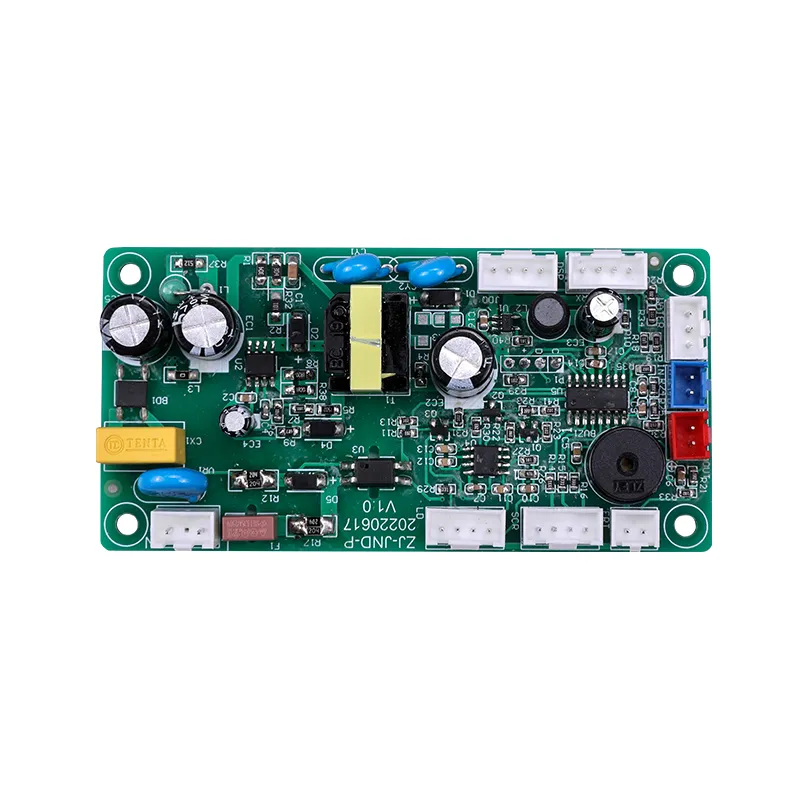How to Choose CNC Cable?
You will get efficient and thoughtful service from FSW.
1. Understand Your CNC Machine Requirements
Before you choose a CNC cable, it's vital to understand the specific requirements of your CNC machine. Factors such as voltage, current rating, and signal type should be carefully considered. Review the machine's manual to gather information about the electrical specifications and compatibility needs.
2. Consider Cable Type
There are different types of cables suitable for CNC applications. Here are some common ones:
- Shielded Cables: Protect against electromagnetic interference and are ideal for signal transmission.
- Power Cables: Designed to carry electric power and are necessary for the machine's operation.
- Data Cables: Used for communication between CNC components, such as servos and controllers.
3. Check Cable Length
Ensure the cable length is appropriate for your setup. The cable should be long enough to connect components without tension but not so long that it causes signal degradation. A cable that’s too long can encounter issues with voltage drop or interference.
4. Evaluate Conductor Material
The conductor material significantly impacts cable performance. Typically, copper is the preferred choice due to its excellent conductivity. However, some industrial applications might use aluminum, which is lighter but offers lower conductivity. Choose based on the specific needs of your application.
5. Insulation Type
The insulation material protects the cable from environmental factors. Key insulation types include:
- PVC: Affordable and offers basic protection but may not withstand extreme temperatures.
- XLPE: Has higher thermal resistance and is suitable for more demanding applications.
- TSF: Offers excellent chemical resistance, ideal for harsh environments.
6. Consider Flexibility
Flexibility is crucial, especially if the machine operates in dynamic environments. Look for cables specifically designed for continuous flex applications. The more flexible the cable, the better it can withstand bending and twisting without risking damage.
Recommended article:How Does Robotic Automation Cables Work?
7. Review Ratings and Standards
What Are the Best Uses for Cylinder Engraving Tools?
Solving Common Concerns When Purchasing Ahf: Expert Solutions Inside
What Should You Look for in an Active Harmonic Filter Manufacturer?
Top 5 Issues with Single Gang Light Switches & Solutions
Transform Your Creations: The Ultimate Diamond Engraving Stylus for Precision and Perfection!
Maximizing Efficiency with Capacitor Compensation Cabinets
Always check that the cables meet relevant industry standards and regulations. Look for certifications such as UL, CE, or RoHS compliance, which ensure quality and safety. This information can usually be found on the cable packaging or product specifications.
8. Budget Considerations
While it may be tempting to opt for the cheapest option, remember that investing in a quality cable can save you money in the long run. Cheaper cables might require frequent replacements or lead to performance issues, affecting your CNC machine's productivity.
9. Read Reviews and Recommendations
Before finalizing your purchase, read user reviews and seek recommendations from industry professionals. Their experiences can provide insights into the reliability and performance of specific cable brands and types.
10. Consult with a Supplier
Finally, don’t hesitate to reach out to a cable supplier or manufacturer. They can provide expert advice tailored to your CNC system's needs and help you make an informed choice.
You can find more information on our web, so please take a look.
Contact us to discuss your requirements of Machine Tool Cables cnc cable. Our experienced sales team can help you identify the options that best suit your needs.
Recommended article:USRP for 5G Prototyping: The Complete Guide
Understanding Dual Power Supply Box Applications and Benefits
Essential Guide to Railway Spare Microswitches for Signal Systems
How Are Electromagnetic Components Redefining Innovation?
Understanding RCB Circuit Breaker: Essential Insights and Benefits
How to Choose the Right Track Socket?
How Will High Frequency Transformers Shape Energy Solutions?
Related Articles



Comments